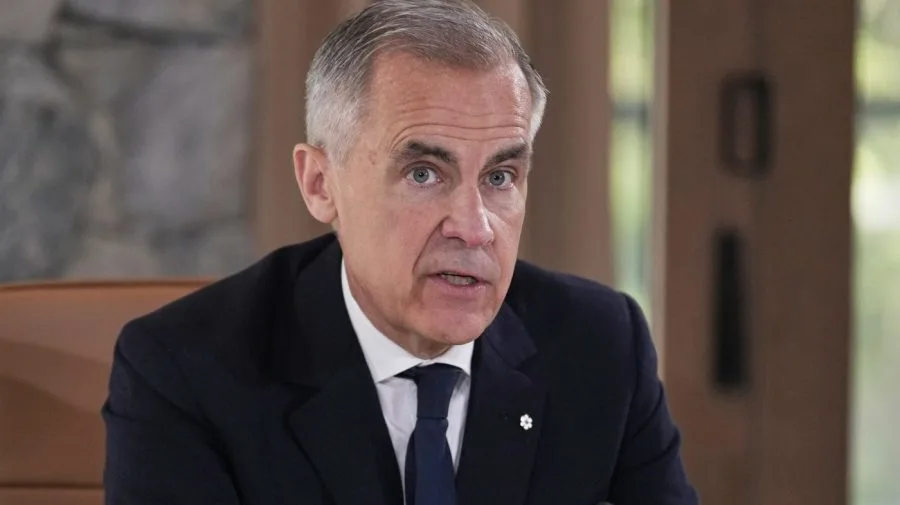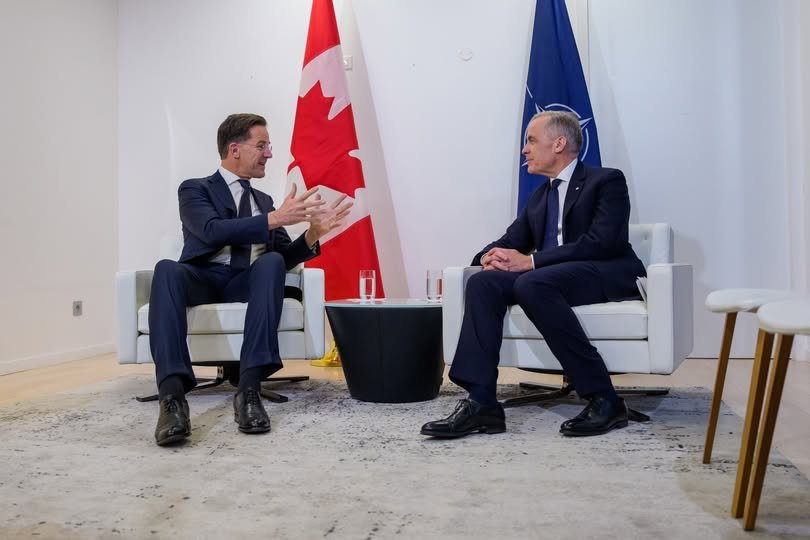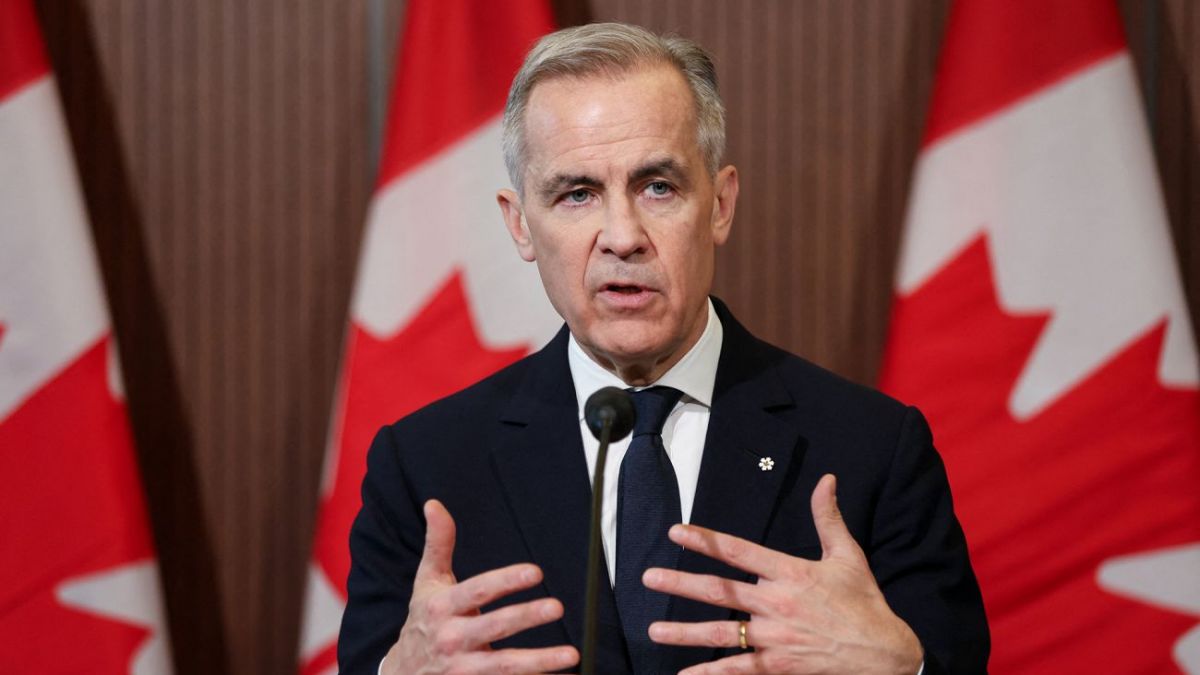Ottawa, The Europe Today – August 6, 2025: Prime Minister Mark Carney has indicated a conciliatory approach toward escalating trade tensions with the United States, suggesting his government may consider removing certain existing tariffs if doing so would better support Canadian industries.
Carney’s comments came Tuesday as he faced pointed questions about Canada’s response to the U.S. administration’s decision to impose a 35 per cent import tax on select Canadian goods following the failure of the two nations to reach a new trade agreement by the August 1 deadline. The new tariff applies to goods not covered under the Canada–U.S.–Mexico Agreement (CUSMA), which governs trade among the three countries.
Despite mounting pressure to respond with reciprocal measures, Carney refrained from announcing any immediate retaliation. Instead, he emphasized a pragmatic approach tailored to the needs of Canadian industries.
“We’ve always said we will apply tariffs where they have the maximum impact on the United States and minimum impact in Canada,” the prime minister said. “So we don’t automatically adjust. We look at what we can do for our industry that’s most effective. In some cases, that will be to remove tariffs.”
Carney’s remarks appear to signal a strategic pivot. “We will look at opportunities to do so because in the end, we’re looking at having the best impact in Canada,” he added, while noting that he had not yet spoken directly with President Trump but would do so “when it makes sense.”
The Trump administration linked the new tariffs to Canada’s earlier decision to impose retaliatory duties and, controversially, to ongoing concerns about fentanyl trafficking—a claim Canadian officials reject. In March, Canada had introduced 25 per cent tariffs on a range of U.S. goods amounting to $29.8 billion, in what was then seen as a firm but measured response.
Some Canadian premiers and industry groups have urged Carney to respond more forcefully. His approach is being closely scrutinized given his campaign promise to secure a robust trade and security deal with the U.S.
U.S. Ambassador: ‘Energy in the Room’ Favoured Mexico
U.S. Ambassador to Canada Pete Hoekstra, speaking to media, suggested that Canada may have missed out on a 90-day tariff reprieve, granted to Mexico, due to “the energy in the room” during negotiations.
“I think it’s because of the feeling in the room, or the energy in the room, when the negotiators are talking to each other,” Hoekstra said, downplaying the impact of the U.S. measures on Canada. “Canada’s position right now is one that lots of countries around the world would be envious of.”
Meanwhile, Canada’s Trade Minister Dominic LeBlanc has pledged to continue discussions with U.S. Commerce Secretary Howard Lutnick and U.S. Trade Representative Jamieson Greer in hopes of de-escalating the trade standoff.
Notably, U.S. Customs and Border Protection (CBP) data indicate that fentanyl seizures from Canada account for less than one per cent of total U.S. fentanyl interceptions, casting doubt on Washington’s justification for its latest tariffs.
Over $1.2 Billion in Support for Softwood Industry
Carney made his comments while visiting British Columbia, where he unveiled $1.2 billion in support measures for the struggling softwood lumber industry—long a target of U.S. trade restrictions.
Calling the duties “unjustified,” Carney said the government intends to reduce the sector’s dependence on U.S. markets. “This dependence creates costly uncertainty,” he said during a stop at Gorman Bros. Lumber Ltd. mill. “It weakens our industry’s ability to weather downturns. It makes lumber more expensive.”
He also announced that the government will move forward with its Build Canada Homes initiative, promising up to $25 billion in financing to private sector developers. The project, a major campaign pledge, aims to increase affordable housing and rely heavily on domestic lumber and labour.
“We will be our own best customer by relying on more Canadian lumber for Canadian projects,” Carney said. “We are going to write our own story rather than letting others dictate theirs to us.”
Additional measures include up to $700 million in loan guarantees for forestry companies, $500 million in grants and contributions to support innovation and market diversification, and funding for reskilling displaced workers.
Opposition Criticizes Carney’s Trade Strategy
Conservative Leader Pierre Poilievre, speaking from Drumheller, Alberta, criticized Carney for failing to deliver a new trade deal or reduce tariffs despite being in office for over 140 days.
“Mark Carney has been prime minister for over 140 days and still the tariffs are there—and rising,” Poilievre said. “We know President Trump is somebody that nobody can control but that’s why it was wrong for Mark Carney to promise that he could do so.”
Poilievre added: “Since Carney has been in office, it has been elbows down and tariffs up.”
As the trade stalemate continues, attention remains fixed on Carney’s next moves in managing a complex economic relationship with a volatile U.S. administration, all while balancing domestic political pressure and economic concerns.














